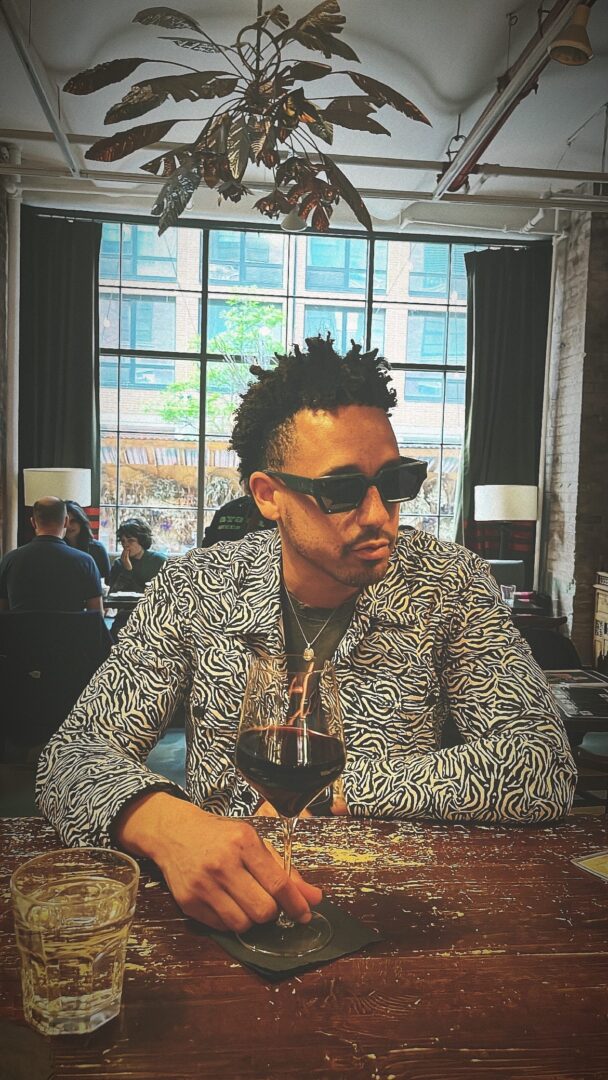We’re looking forward to introducing you to Rashad Randolph . Check out our conversation below.
Rashad, so good to connect and we’re excited to share your story and insights with our audience. There’s a ton to learn from your story, but let’s start with a warm up before we get into the heart of the interview. What is something outside of work that is bringing you joy lately?
Something outside of work that’s been bringing me a lot of joy lately is watching my daughter grow up and seeing her enjoy the same experiences I loved when I was in high school. Whether it’s going to games, school events, or just being around her friends, it takes me back to those moments from my own teenage years. It’s special to relive that energy and excitement through her seeing her create her own memories while reminding me of some of my best ones.
Can you briefly introduce yourself and share what makes you or your brand unique?
Name’s Rashad Randolph I’m a Creative Director in the fashion game, working with some of your favorite artists and athletes, bringing culture to the forefront of every project I touch. I started out owning clothing boutique/ Denver’s first ever sleek easy bodega out in Denver, but New York was always the dream. So I packed up, bet on myself, and came out here to make my mark in the city that raised my style.
My brand, Deadass, is street-lux fashion straight from the heart of NYC built off the city’s energy, attitude, and diversity. It’s that mix of grit and high-end, inspired by real people and real stories, narrated through avant-garde pieces that speak for themselves.
On top of that, I teamed up with my guy Eduardo Dantas to create “From the Concrete,” a raw docu-series that peels back the layers on New York’s toughest success stories creatives, athletes and entrepreneurs who came from nothing and made something out of it.
Everything I do whether it’s fashion or storytelling comes from the same place: the hustle, the struggle, and the beauty that grows out the concrete.
Thanks for sharing that. Would love to go back in time and hear about how your past might have impacted who you are today. Who taught you the most about work?
The person who really taught me the most about work was my boss and business partner, Lawrence Lenihan. He’s the co-founder of Resonance, a platform that’s completely flipping the fashion industry on its head. Instead of the old-school “design, make, sell” model, he built a system that’s “design, sell, make” using tech and AI to help brands create without waste, without inventory, and without limits.
Before that, he founded FirstMark Capital, backed some of the biggest names in tech, worked at IBM, and even taught at NYU Stern so when it comes to business and innovation, he’s really seen it all.
For me, I always had the grind that hunger, that New York hustle. But Lawrence taught me how to move smart. He showed me how to take that raw energy and channel it into real business structure, vision, ethics. He helped me understand how to build something that lasts.
At the end of the day, he didn’t change my drive he refined it. He showed me how to play the long game.
What did suffering teach you that success never could?
Suffering taught me everything success couldn’t. Success feels good but it don’t teach you nothing. Struggle is what built me. It taught me patience, resilience, and how to keep pushing when nobody’s watching. When you’re down bad, you learn who you really are, who’s really with you, and how to move when the lights ain’t on you.
New York’ll break you before it makes you and I learned to respect that. The suffering gave me character, gave me hunger. Success might polish you up, but the pain is what gives you your edge. That’s where the real lessons live.
Alright, so if you are open to it, let’s explore some philosophical questions that touch on your values and worldview. What are the biggest lies your industry tells itself?
One of the biggest lies the fashion industry tells itself is that it’s about creativity. It’s not it’s about control. They sell this dream that anyone with talent and vision can make it, but behind the curtain it’s politics, money, and who’s in the right rooms. A lot of people at the top talk about “authenticity” while recycling the same ideas and shutting out the real innovators.
Another lie? That “sustainability” is the future when half the brands screaming it the loudest are still overproducing, wasting fabric, and pushing trends that die in a month. It’s marketing more than movement.
That’s why I built what I’m building to flip that narrative. Fashion should be raw, real, and rooted in culture, not just commerce. The streets been setting trends forever the industry just catching up.
Okay, we’ve made it essentially to the end. One last question before you go. If you knew you had 10 years left, what would you stop doing immediately?
If I knew I only had 10 years left, I’d stop wasting time on anything that don’t feed my soul. No more fake conversations, no more energy on people who ain’t real, no more chasing validation from an industry built on illusions.
I’d lock in on what matters my family, my daughter, my people, and the work that actually means something. I’d stop second-guessing myself and start living louder, creating bolder, loving harder.
Life moves fast in this city you blink, and a year’s gone. So if I knew the clock was ticking, I’d stop surviving and start really living.
Contact Info:
- Instagram: @bodega_papiiii
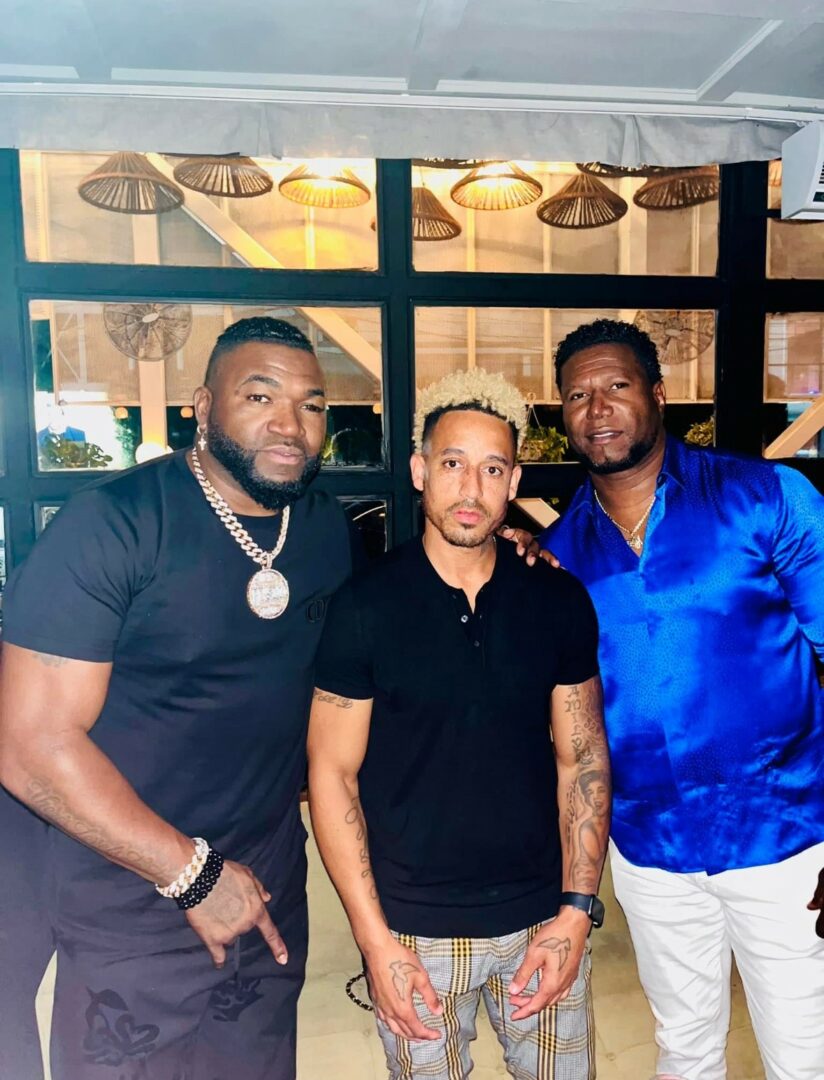
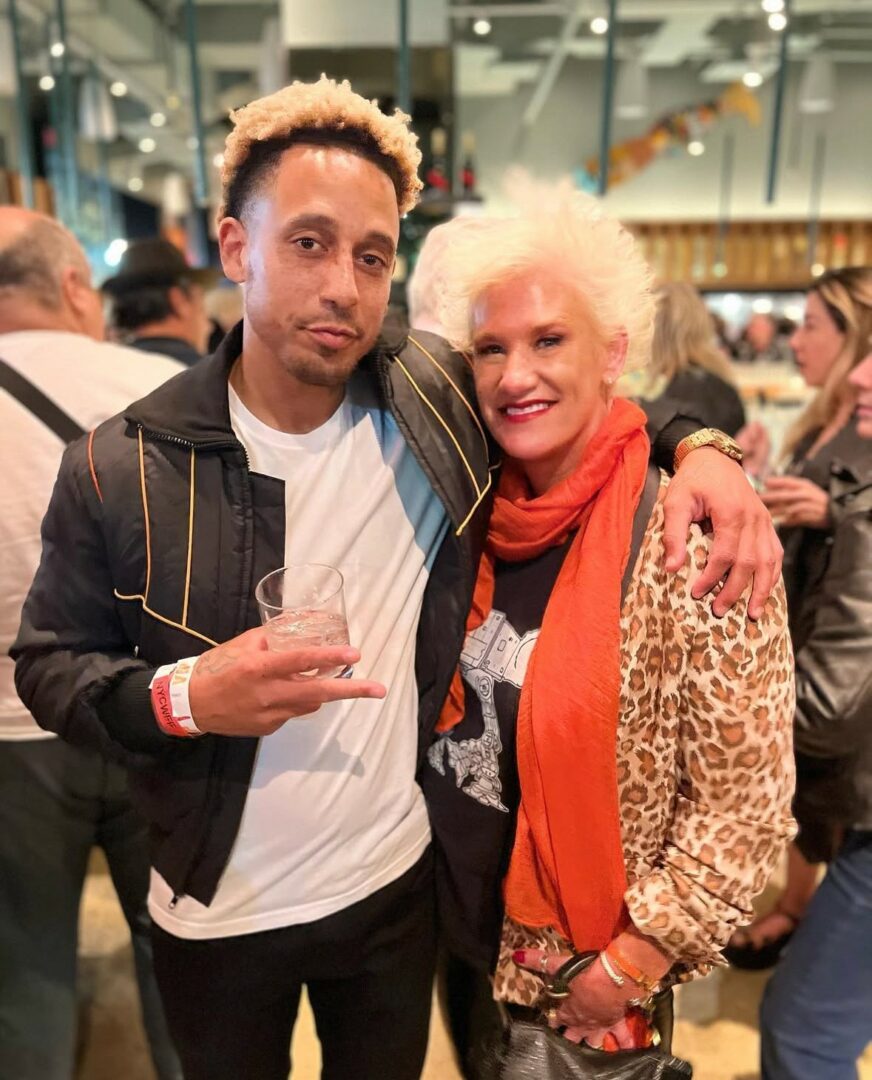
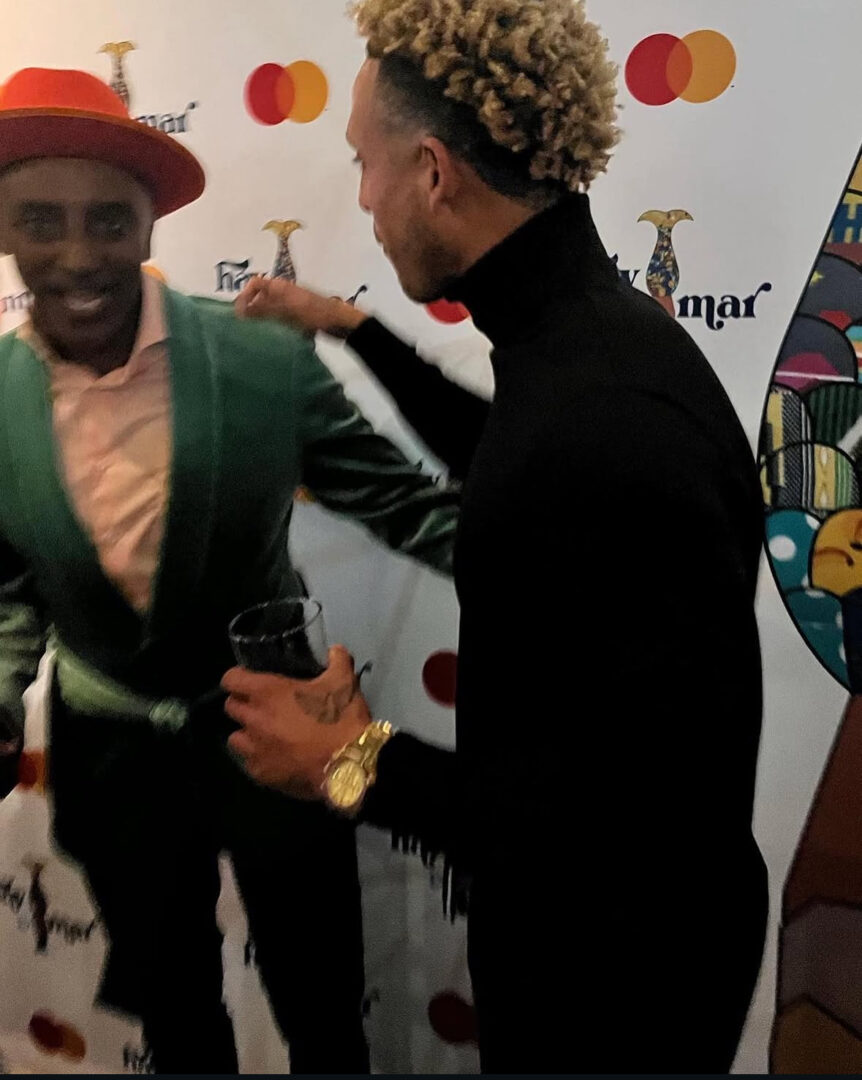
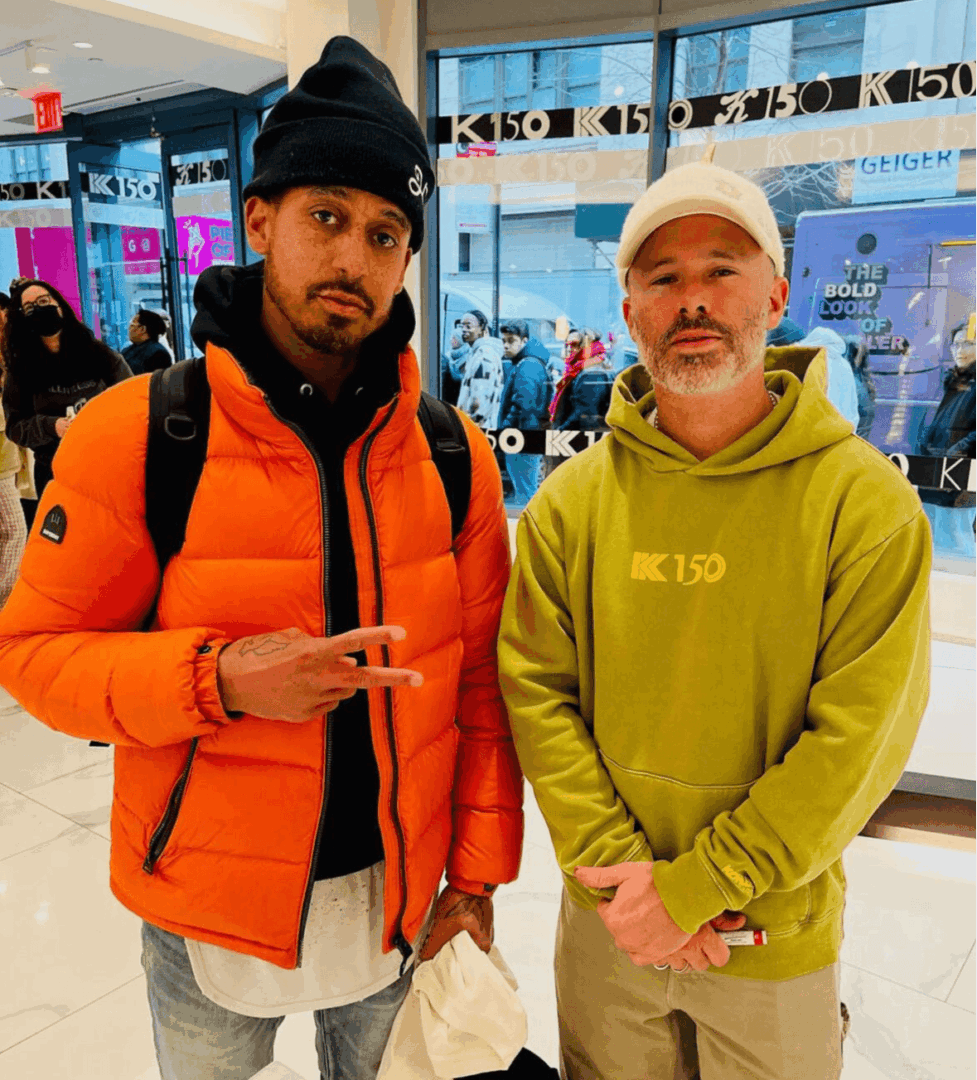
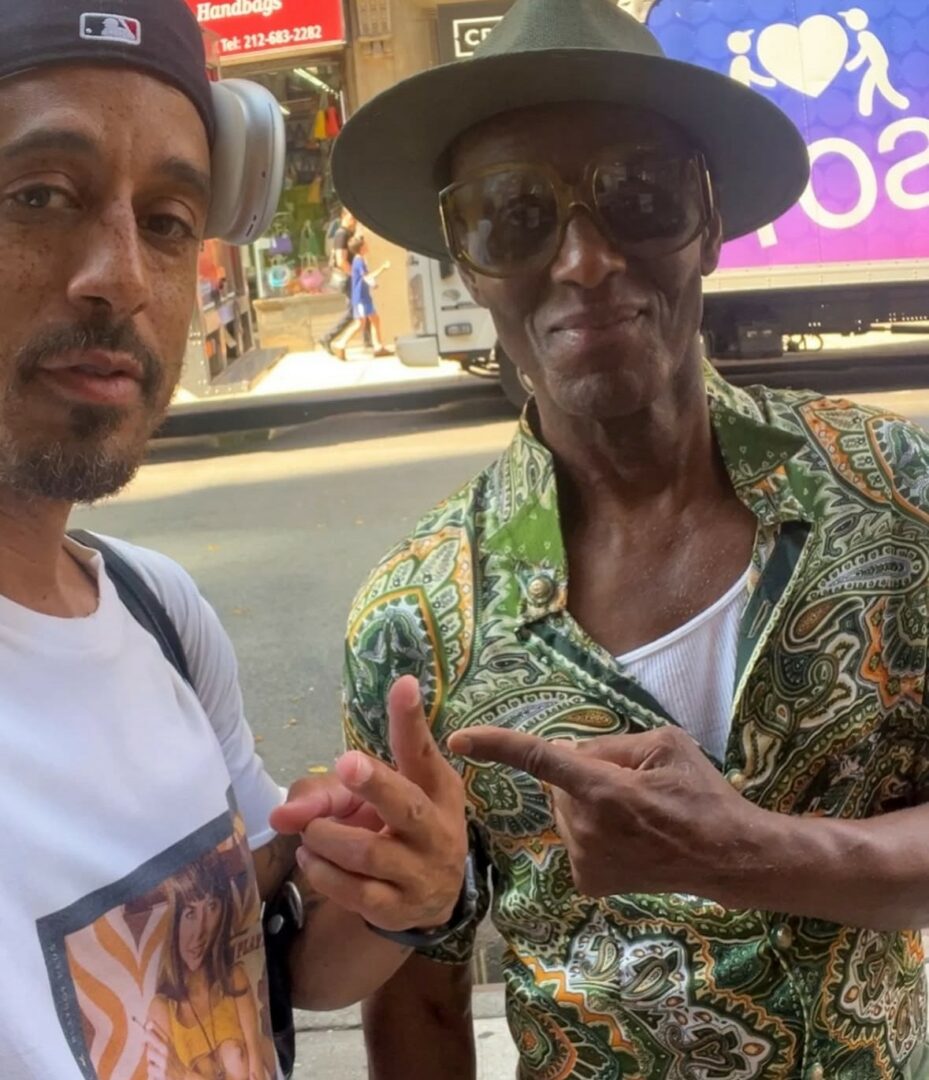
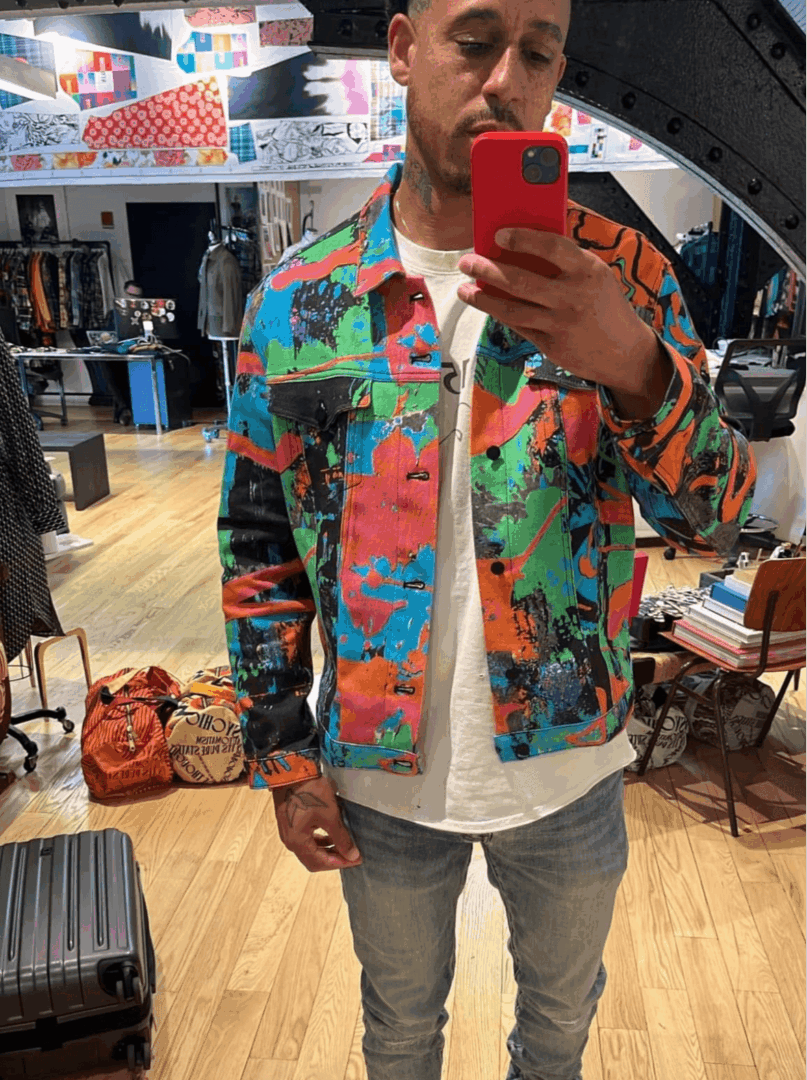
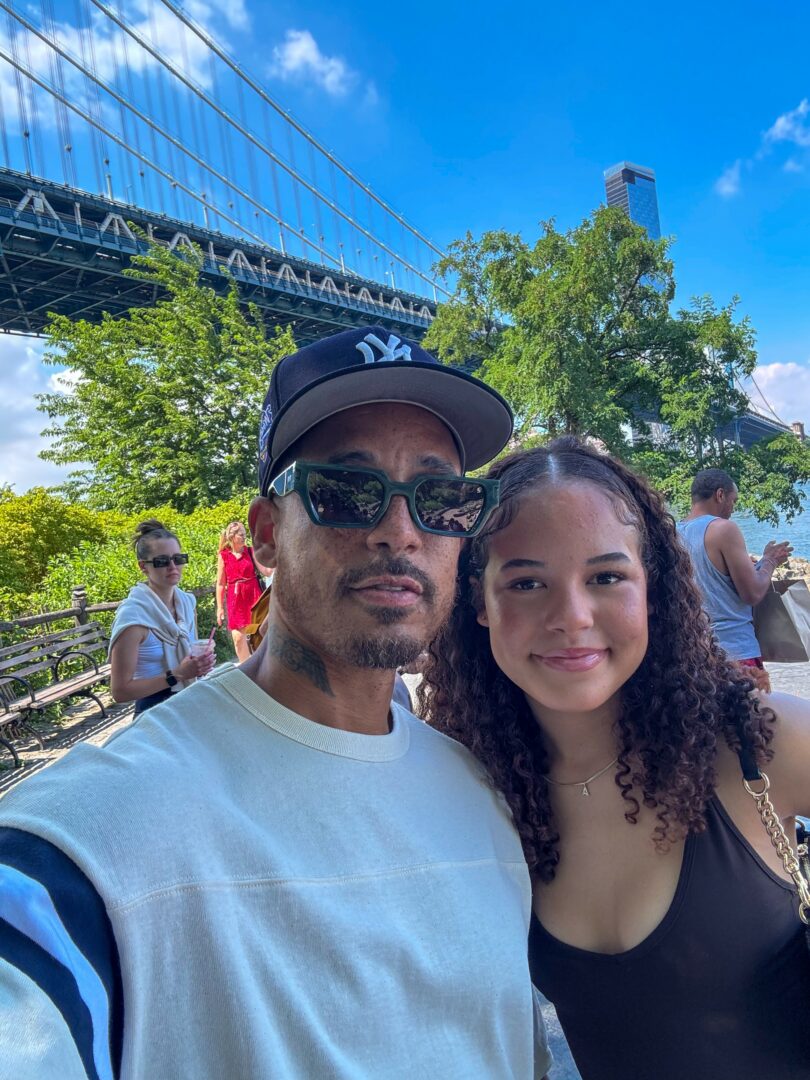
so if you or someone you know deserves recognition please let us know here.

